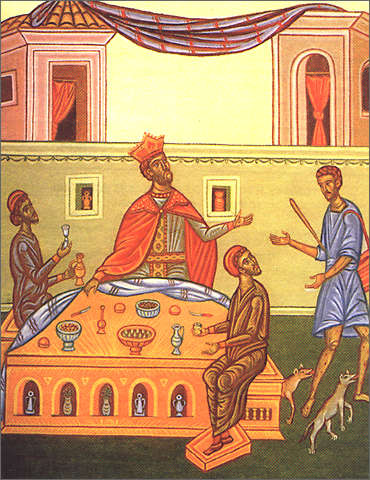There is a sense in which the real beginning of the Bible is Genesis 12. If we look at where the gospels begin, it is with Matthew’s genealogy. The gospels reveal God fully in Christ, but who is Christ? “Son of Abraham.” And who is Abraham? He is the one by whom God will bless all nations. And how do we meet him in the Bible? When God tells him, “Go forth.”
Here, in the story of the first promise to Abram, we meet the whole architecture of the biblical drama of salvation. We hear a call. It is a call to go out from one’s own home. It is a call to trust in God’s elections. And it is a call that is meant to be universal. This is the same call Jesus will give his disciples at the end of the Gospel, calling them to “go out to all the nations.”
The thing about these calls is that, in human terms, they don’t make sense. I’m always struck by how Abraham’s story, with its many twists and turns, is a process by which he learns to trust that the fulfillment of the promise lies beyond his strength. The fulfillment happens when he puts his trust in God.
I am usually tempted to think during Lent that this is a time for some kind of personal moral inventory, time to do acts of self-improvement and sacrifice. But Abraham reminds us that what God wants is not simply a slightly better self. God wants us to trust him. Really trust him. I have moments of such trust. They are like moments of the transfiguration, flashes of insight into the whole picture. And like the disciples, those moments are both amazing and a bit terrifying. Do I really want to trust like that? And when the vision fades, will I walk down the mountain and remember, especially in the times of danger, the times of the Cross?
If we give up things for Lent, let it point toward what we are really supposed to give up: ourselves – in the sense of our self-protective lack of trust, all the things that keep us from going forth when we hear the call.




